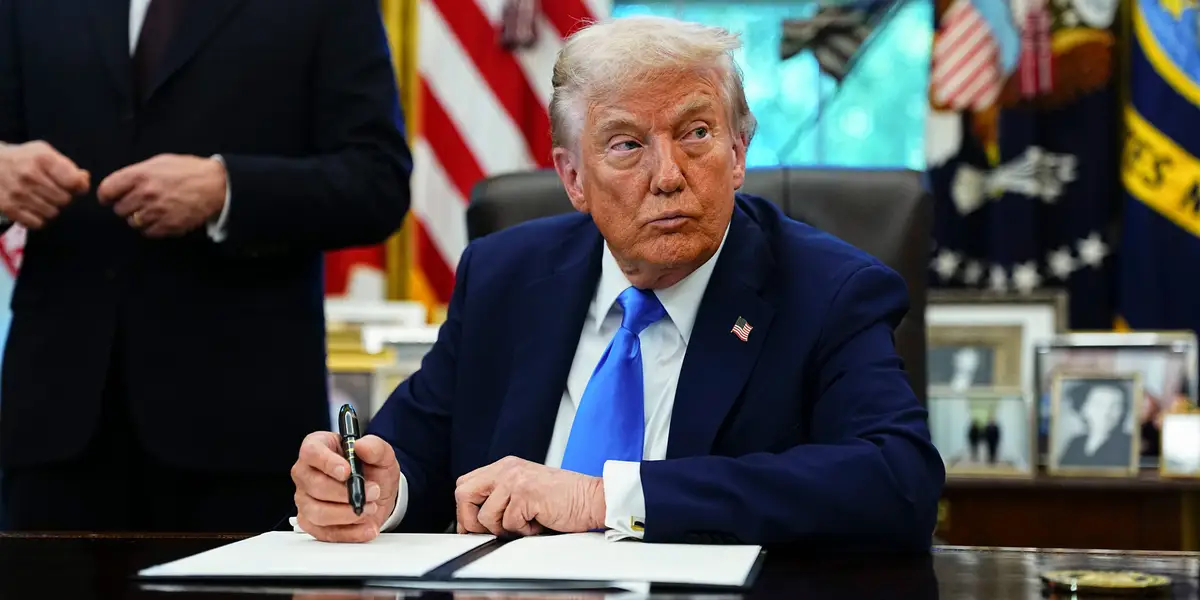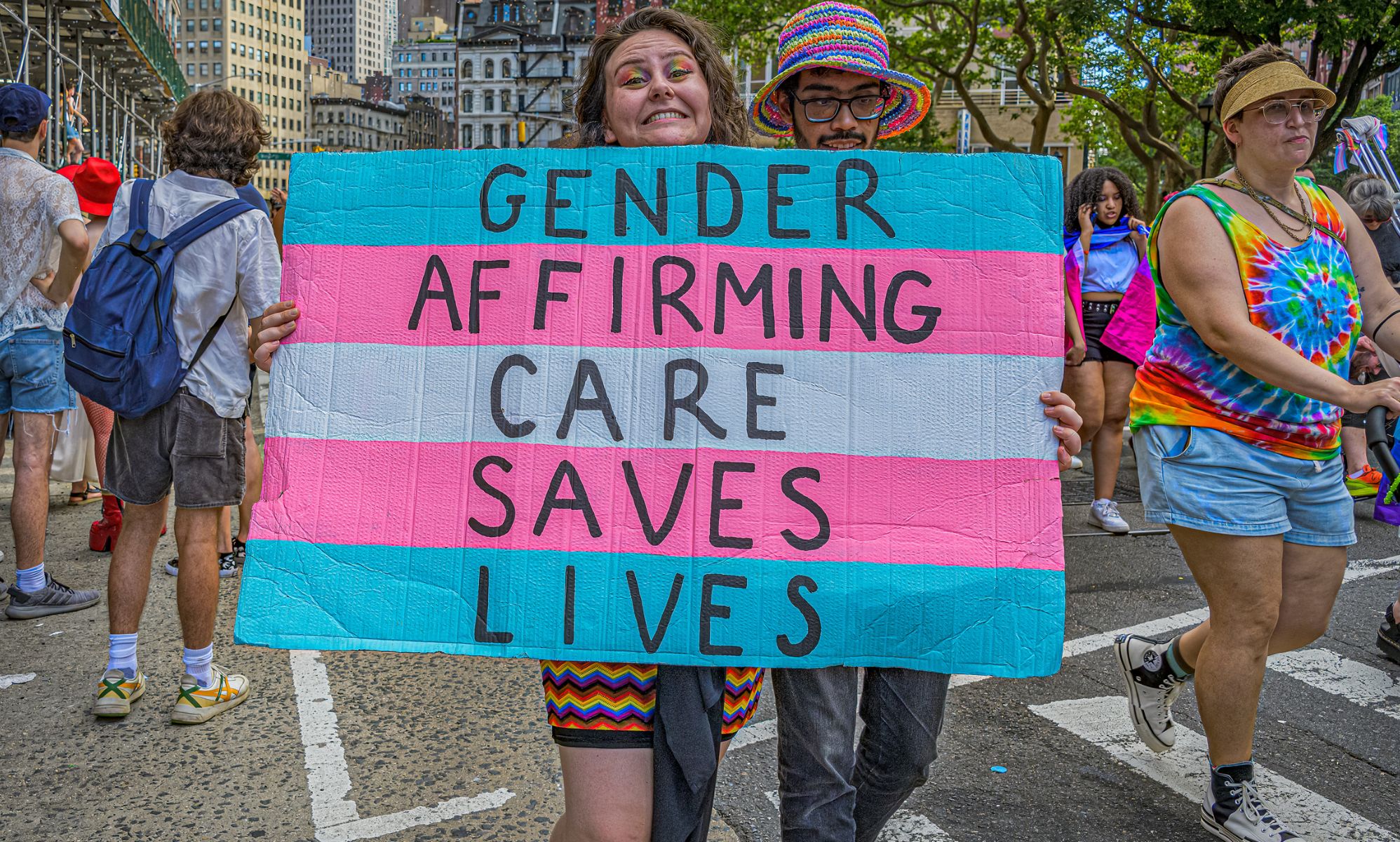
At a press conference on Saturday, Canadian Prime Minister Mark Carney said his country was making plans to attract the kind of talent that once relied on H-1B visas in the US.
“What is clear is that the opportunity to attract people who previously would have got so-called H-1B visas, and I’m going to simplify it, one of the big cohorts is in the tech sector, not as many of those people are going to get visas to the United States,” he said. “It’s an opportunity for Canada.”
Canada and the US have navigated a sometimes tense relationship during Trump’s second term, jostling over immigration reforms, drug trafficking, and tariffs. The tension could ultimately be good for Canada’s economy, and perhaps also for its workforce.
In April, the French National Research Agency, which is part of the Education Ministry, announced an initiative to attract scientists from abroad called “Choose France for Science.” The initiative aims to open up more government funding for universities, schools, and research organizations to entice foreign talent.
The announcement came after the Trump administration said it planned to make major cuts to federal research funding at the National Institute of Health, as well as other agencies and universities.
While some of those cuts have been made, others have been restored by court order. The confusion, however, presented an opportunity for France and others, as both US-born scientists and foreign-born scientists working in the US began to look elsewhere.
“As the international context creates the conditions for an unprecedented wave of mobility among researchers around the world, France aims to position itself as a host country for those wishing to continue their work in Europe, drawing on the country’s research ecosystem and infrastructure,” the French National Research Agency said in a statement.
In a following LinkedIn post, French President Emmanuel Macron said that research is a “priority.”
“Researchers from around the world, choose France, choose Europe!” he wrote.
The United Kingdom has also sensed an opportunity.
UK Prime Minister Keir Starmer is exploring options to abolish visa fees for global talent, the Financial Times first reported last week.
“We’re talking about the sort of people who have attended the world’s top five universities or have won prestigious prizes,” one official told the FT. “We’re kicking around the idea of cutting costs to zero.”
The initiative is part of the UK’s “Global Task Force,” which launched in June to attract the “world’s exceptional talent,” according to a press release from the UK’s Department for Science, Innovation and Technology.
It’s backed by a £54 million, or more than $72 million, Global Talent Fund that will be deployed over five years to cover “100% of eligible costs, including both relocation and research expenses” for top talent.
South Korea launched the “K-Tech Pass” program in April, The Korea Herald, the largest English-language newspaper in South Korea, reported. The program is designed to lure global talent, especially for the semiconductor and artificial intelligence industries.
“The K-Tech Pass is issued to exceptional project leader-level global talents who have signed an employment contract with Korean high-tech companies,” according to Korea’s Global Talent Center, a new government agency devoted to attracting tech talent. “Through this, benefits such as the issuance of special visas and settlement support are provided.”
The K-Tech Pass offers a 50% reduction in income tax for 10 years, admission to foreign schools for children of visa holders, and a fast-track to a permanent resident visa.
China, America’s biggest competitor in the AI race, is also introducing new visas to attract top talent.
China will introduce the new K Visa on October 1 for young science and technology professionals, according to the State Council of China, the country’s administrative center.
KPMG, a consulting firm, says the K Visa is meant to attract graduates from universities or research institutions with bachelor’s degrees or higher in STEM fields.
“The decision aims to further implement China’s workforce development strategy in the new era, facilitate the entry for foreign young sci-tech talent into China, and promote international cooperation and exchanges among young sci-tech professionals,” the State Council of China says.



